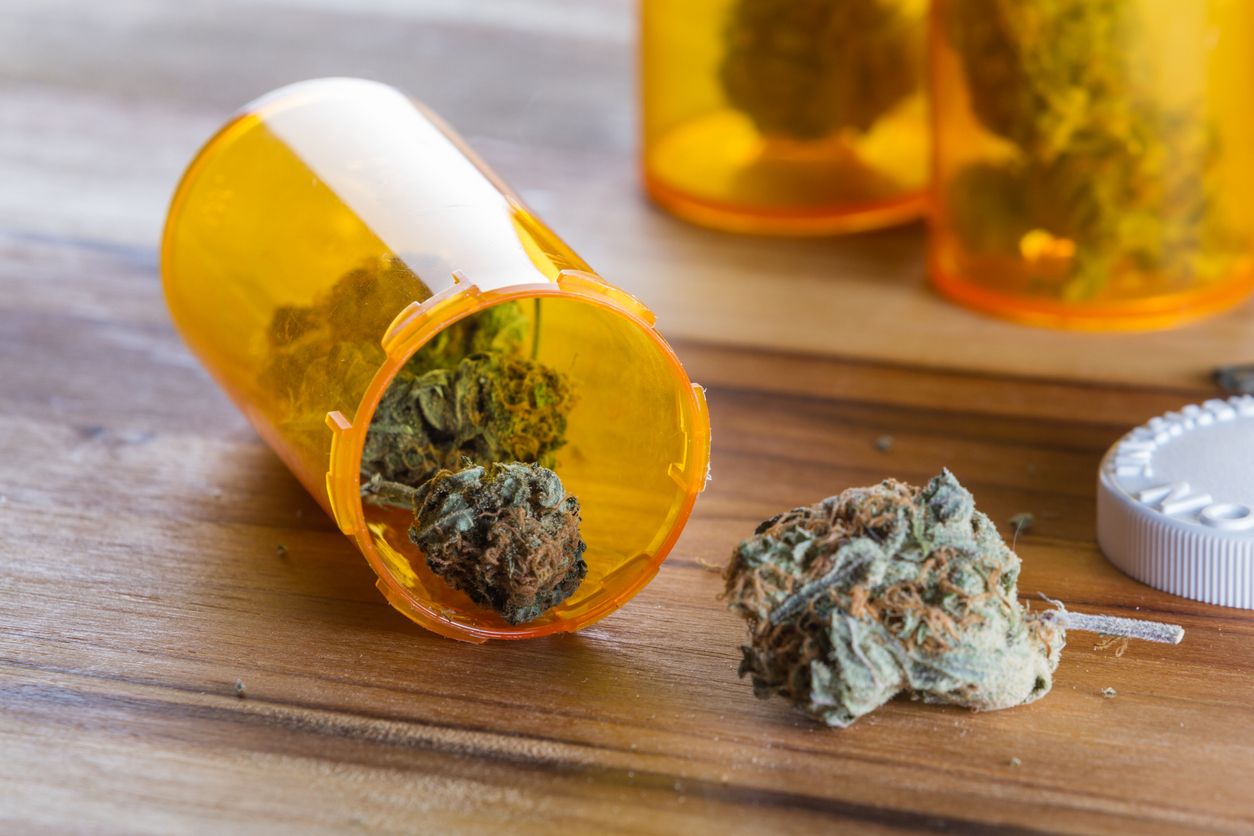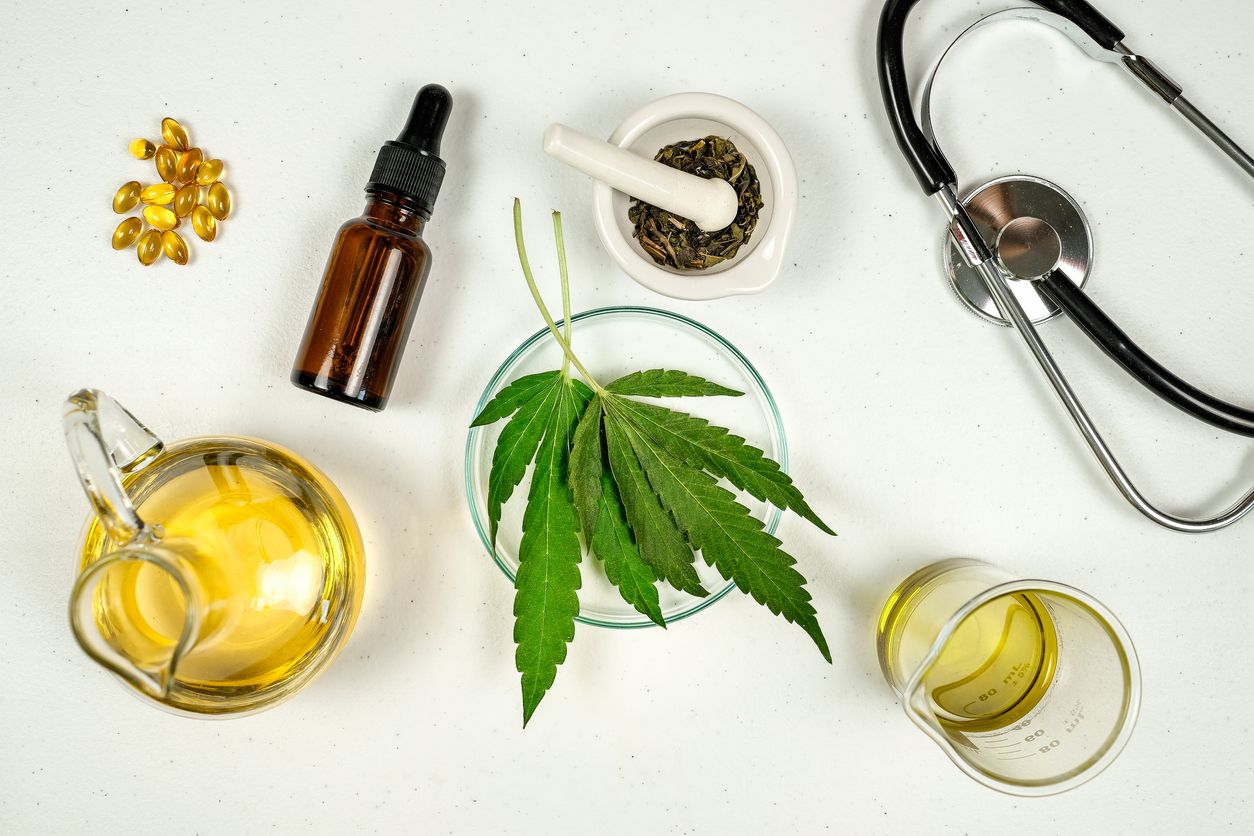Is recreational cannabis too strong for medical patients?

We keep hearing about cannabis as if every different kind out there is a cure-all of some sort for every possible symptom or condition you might need to beat, but the truth is so much more complicated than that. Though it is certainly true that every single cannabis strain contains some medicinal elements that could offer benefits for a multitude of problems, selecting the right one for you is just as important as choosing to take the leap to try it in the first place.
Medicinal vs. Recreational
There are two main categories that you might learn about when it comes to the uses of weed strains. The first is medicinal, which implies a medical benefit that is solely found within this type of cannabis, and the second is recreational, and that often translates to a strain that is incredibly potent and offers psychoactive qualities that are indulged in by your average stoner. These labels are important to notice, but they might not mean quite what you think that they do.
Medical cannabis
Medical weed strains are typically those that have been designed and bred to alleviate certain symptoms and conditions, and as a result, they will often come with a high dose of a cannabinoid called CBD. This cannabis-derived element helps to reduce swelling, pain, anxiety, nausea, and more, and it does so without inducing hazy sedative effects that are generally caused by a high THC level.
Recreational cannabis
Recreational weed is a whole different story. It’s potent, it’s plentiful, and it’s what you will find at most cannabis dispensary locations in both the legal and illicit markets. This special breed of the plant is unique because these strains are designed to produce significant portions of the psychoactive ingredient THC. They also usually carry little to no CBD, which is viewed as the most medicinal cannabinoid that you can find in the species.
What medical marijuana patients really need
Most people who are suffering from medical symptoms or conditions are just regular everyday citizens, and many of them would never touch cannabis if it wasn’t for the long-lasting relief that it can provide. The problem is that most of the people have little to no cannabinoid tolerance, and they really don’t want to walk around feeling stoned as they try to recuperate from medical procedures, and just live life as normally as possible.
For these people, a high dose of THC could be overwhelming, sedating, and even panic-inducing, which is the opposite of the soothing effects that they are seeking, and thanks to marijuana legalization and years of scientific research, we now know that THC is not the only beneficial cannabinoid for patients. CBD offers a vast number of benefits, from reducing inflammation, and boosting the immune and regulatory systems, to regulating simpler things like appetite and natural pain response.
Overall, CBD is a more natural way to control many different issues, and when THC is effective, at least according to clinical trials, it’s always much smaller doses that seem to have the best results. Though some have great success with doses that go as high as 25 milligrams of THC oil, the majority of patients in this study did better with a much lower dose of between 10-15 milligrams of THC oil. These results come from a study that included patients who were dealing with the following conditions:
- Cancer
- Nausea
- Vomiting
- Glaucoma
- HIV / AIDS
- Seizures
- Tourette’s syndrome
- Muscle spasms
- Inflammatory bowel disease
- Intractable pain
- Terminal illness
- PTSD
- Sleep apnea
- Autism spectrum disorder
Does that mean that recreational weed is no good for medical patients?
There is absolutely no way to know for certain which strains from your local dispensary will work best for your specific condition, unless you sit down and try them yourself, but as you do this, it is incredibly important to recognize one thing, and it’s that the answer is slightly different for everyone. Some medical patients require a higher dose of THC for relief, but others benefit from a more unique combination of cannabinoids.
Those with inflammatory conditions might do best with a pure CBD strain, and someone who rests somewhere in the middle might enjoy an equal dose of both of these powerful elements. However, all of these guidelines fade away if the individual in question already smokes weed. In that case, they will naturally have a higher tolerance, and they will be more likely to be using the plant for more than just medicine, which takes a whole different tactic altogether.
If you are already an avid toker, and you aren’t finding relief with recreational strains alone, then you might want to seek out the ones that offer high THC and a higher level of CBD, which is missing in most of these types. Or you may want to consider adding a more concentrated form of a supplement to your daily routine to make the switch easier to control and measure.
There are plenty of different potential scenarios that could play out depending on the problem you are trying to defeat, but it is always important to remember that recreational strains aren’t just for fun and that some medicinal strains can provide one of the most intense highs you’ve ever experienced. So yes, a recreational cannabis strain can work to treat medical conditions. They just aren’t the best option for every person who is seeking treatment.


